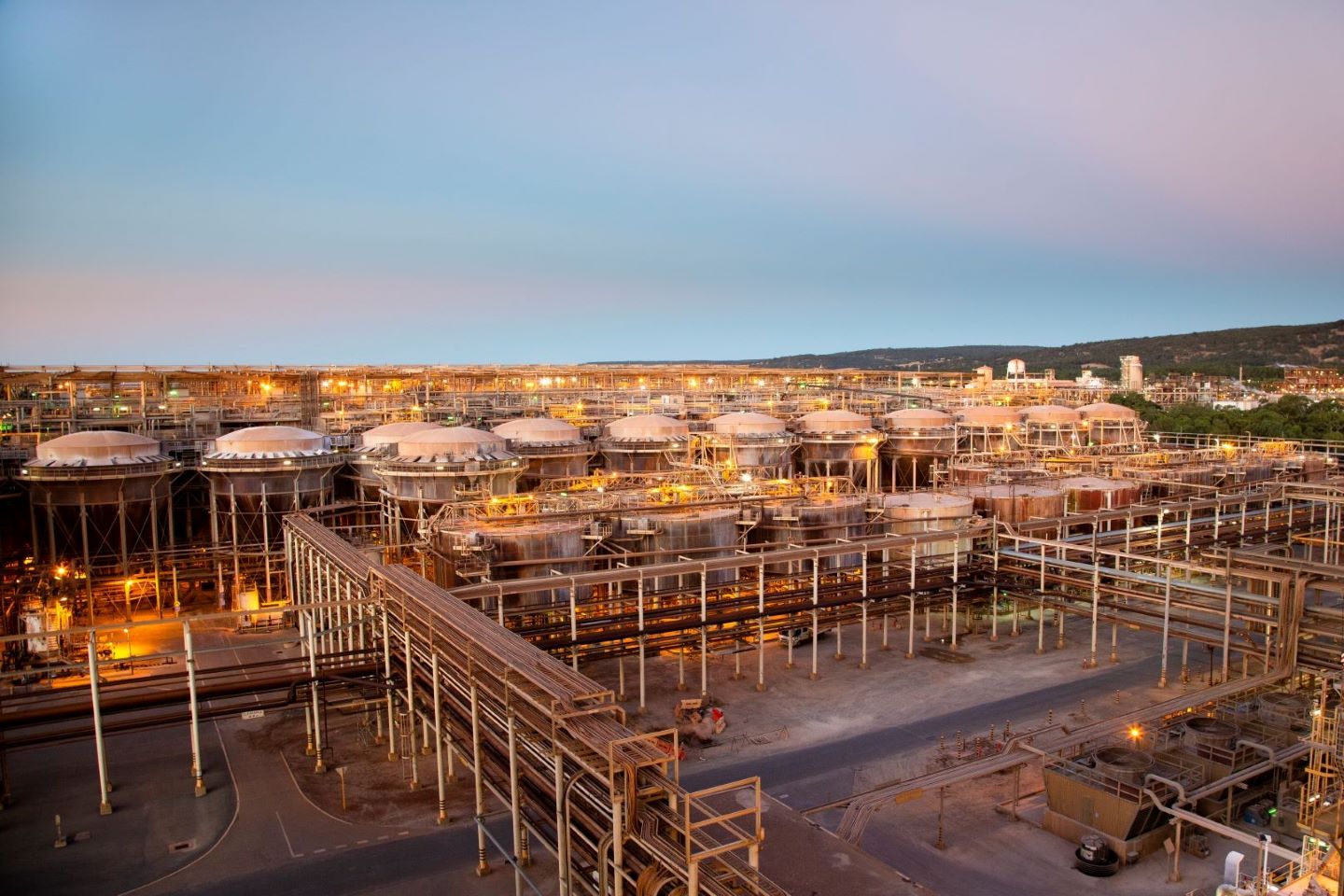
Alcoa has announced an $8.6 million grant from the federal government’s renewable energy agency just days after locking in a grant from the WA government.
The government money will help to fund pilot trials on a new carbon reduction technology, known as electric calcination, to be used in Alcoa’s alumina refineries.
The grants have come from the Australian Renewable Energy Agency ($8.6 million) and Western Australia’s Clean Energy Future Fund ($1.7 million).
This announcement comes less than a year after Alcoa secured an $11.3 million grant from Arena for a separate R&D project focused on recycling of low-pressure steam.
The two R&D projects are part of Alcoa’s global goal to be carbon neutral by 2050, based on scope 1 and scope 2 emissions.
Achieving this goal would require major improvements, as alumina refining and aluminium smelting have long been regarded as highly energy intensive.
Vice president Eugenio Azevedo said Alcoa was already the lowest carbon-intensity alumina producer in the world.
“We have a technology roadmap of future-oriented research and development projects with the goal to reduce our footprint even further,” he said.
“With this support from Australian governments, we are working on our vision to reinvent the aluminium industry for a sustainable future, which includes advancing projects of global significance for the aluminium industry and its customers.”
Explaining its R&D program, Alcoa said calcination is the final stage in the alumina refining process and uses fossil fuels, primarily natural gas, to heat alumina hydrate crystals.
The electrification of calciners means the process could be powered with renewable energy.
Electrification would also allow significant amounts of residual energy to be captured and reused, saving water and negating the need for stacks to vent the steam into the atmosphere.
Alcoa said its goal was to eliminate the use of fossil fuels in alumina refining, as well as reduce freshwater use.
The $1.7 million awarded by the WA government to Alcoa of Australia was one of seven grants totalling $11 million awarded to clean energy projects.








